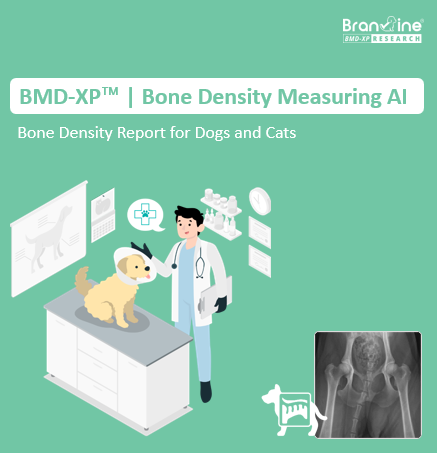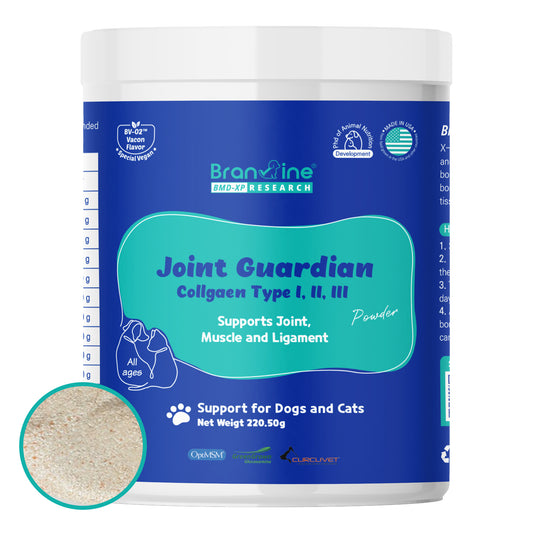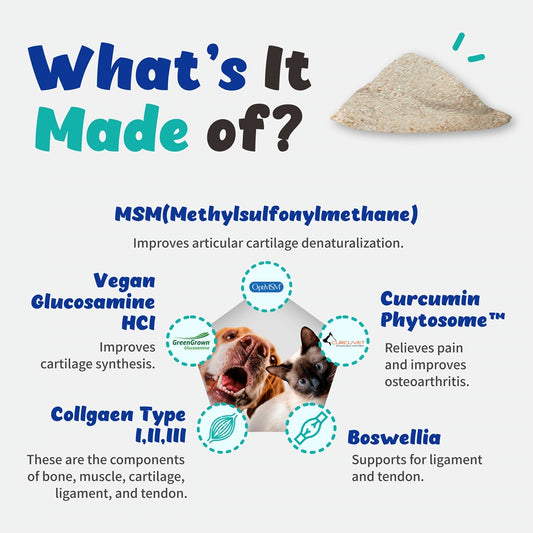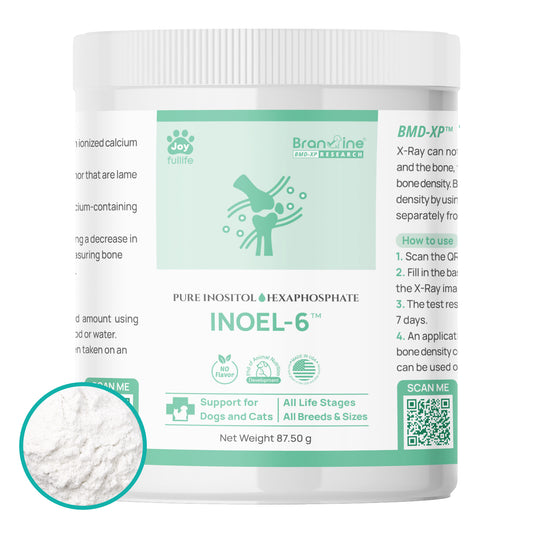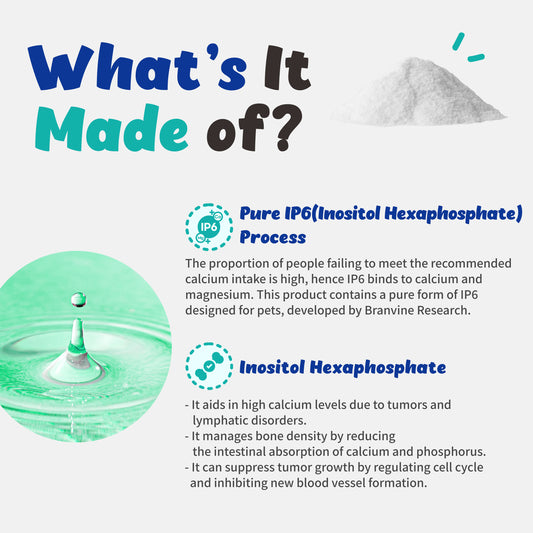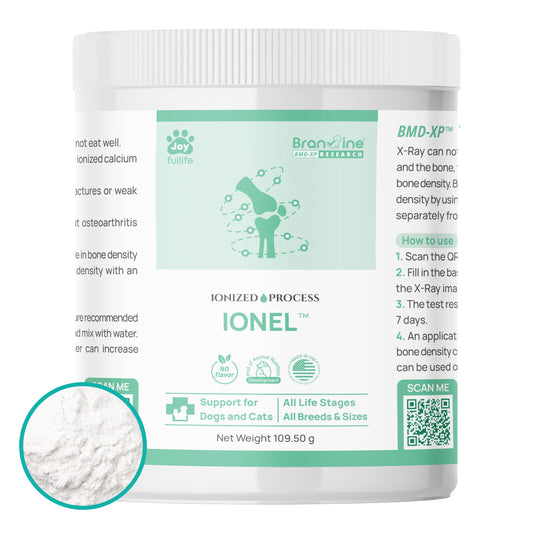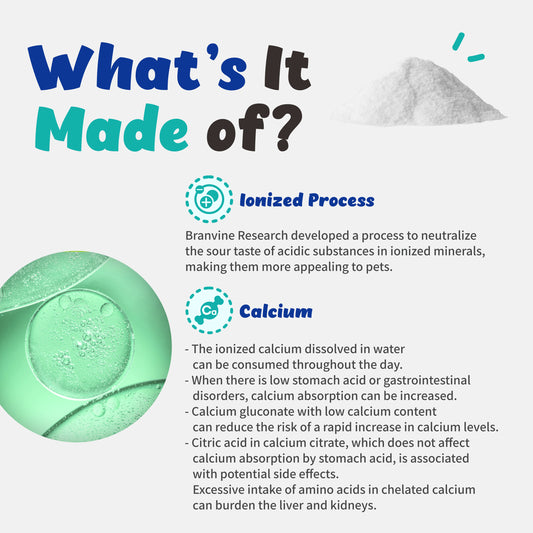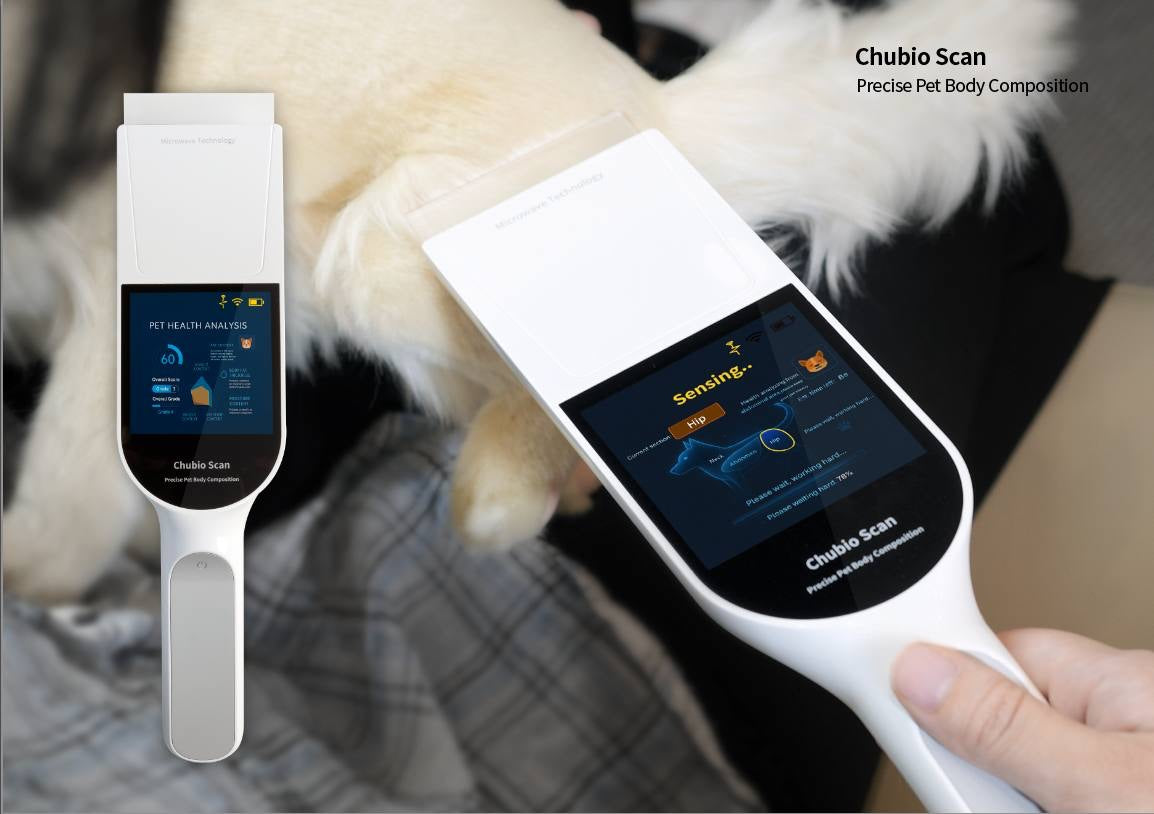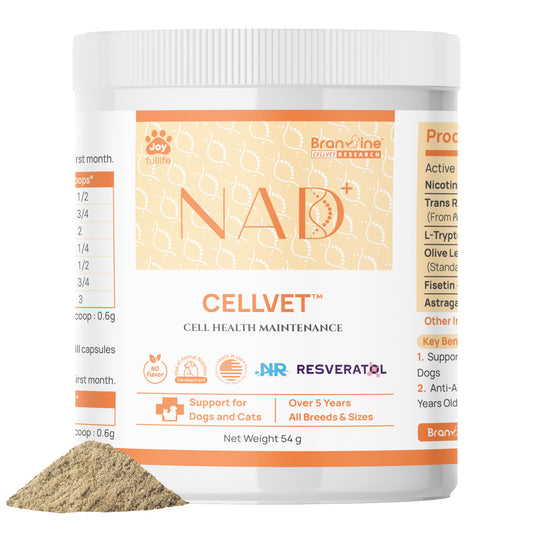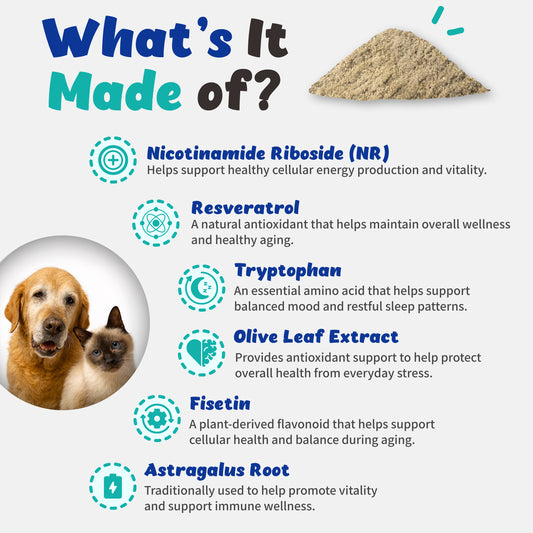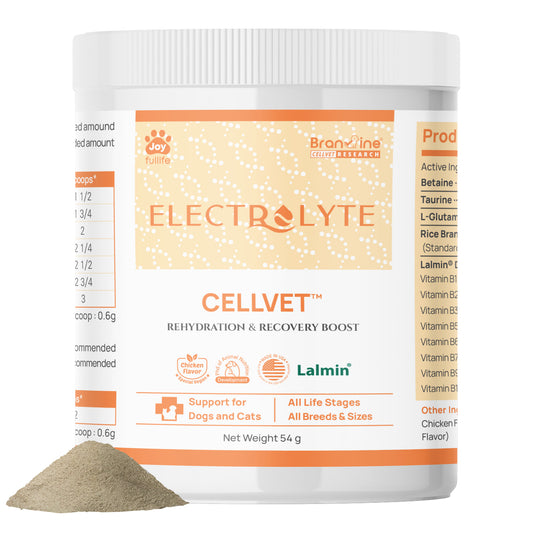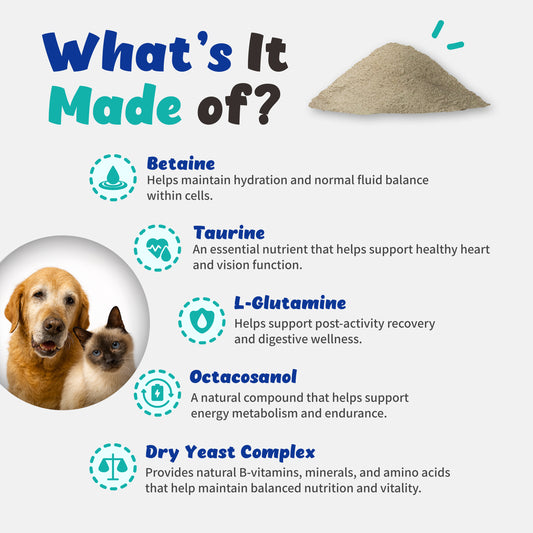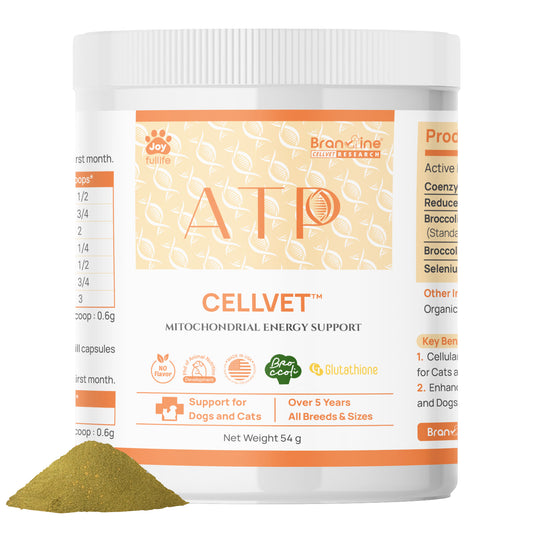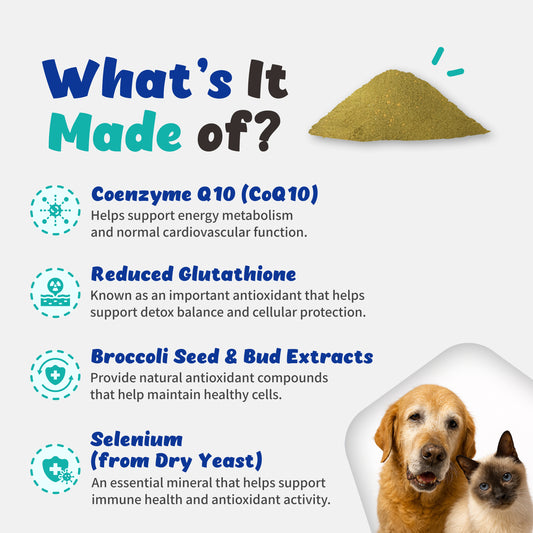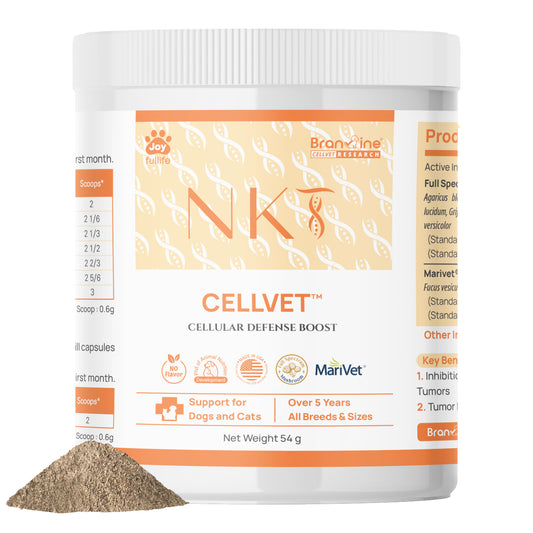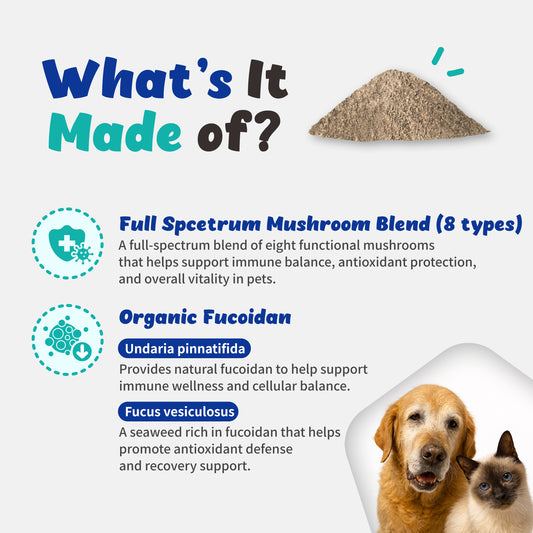Dissection of all aspects of L-lysine that directly affect Cat’s respiratory health
Feline herpesvirus type 1 (FHV-1) is the most common feline virus in the world.
I believe you've already heard about it while getting your cat vaccinated. Symptoms include serious eye diseases, epilepsy and ulcerative keratitis.
Studies have shown that after a first exposure to FHV-1, 80% of cats are potentially infected, and reactivation occurs in about 50% of these. It is distributed in the body, and the moment their immune system weakens, the virus moves again.
Numerous studies have shown that arginine plays a role in activating and replicating human herpesvirus and feline herpesvirus type 1. Nevertheless, we cannot ignore this amino acid because a deficiency of arginine can cause hyperammonemia.

Source: Effects of L-lysine and L-arginine on in vitro replication of feline herpesvirus type-1 / AJVR, Vol 61, No. 12, December 2000
As shown in the table, FHV-1 was cultured in feline kidney cells and the results were observed with different concentrations of arginine and lysine.
In the medium without arginine, the cells did not grow at all, and the higher the arginine content, the faster the cell growth was obtained.
Lysine is known to be effective against upper respiratory infections. As the content of lysine increases, cell growth slows down, but the content of arginine cannot be offset.From other studies, I can say that lysine inhibits arginine, but to a lesser extent.
If cats who had a lot of problems with herpesvirus type 1 did not improve their symptoms or were slow, it is recommended to check whether they are feeding food or nutritional supplements with high arginine intake.This applies even more to cats without hyperammonemia.Most cat foods and supplements contain L-lysine, so you might want to check out if L-lysine really works for improving your cat's upper respiratory tract.

Arginine plays an important role in viral activity and replication, and as L-lysine concentrations increased, the growth of feline kidney cells injected with herpes virus was slowed. L-Lysine did not have a direct effect on suppressing the virus, but exerted an indirect function by suppressing arginine.
It is necessary to find out how L-lysine inhibits arginine. The main reason is that L-lysine and arginine share an amino acid transport system, so that more transport on one side means less transport on the other side.
Higher body concentrations of L-lysine than arginine slow down the rate and extent of synthesis of viral proteins and their transport from the cytoplasm to the nucleus.Viruses synthesized in the cytoplasm but not delivered to the nucleus can be digested by cytoplasmic enzymes.
Next, lysine induces arginase, an enzyme that causes breakdown. Arginase is an enzyme that hydrolyzes L-arginine into ornithine and urea.Because arginase activity is generally low in the kidney, the results of this study using feline kidney cells suggest that L-lysine's arginine inhibition might be underestimated.In this regard, we would like to summarize as follows.
If L-lysine does not improve the respiratory system significantly, it may be due to high levels of arginine. Therefore, you may need to increase your lysine intake to see the effect.Amino acid concentrations are not well evaluated, so it is not known how much to increase lysine intake.Arginine is a very important amino acid for dogs and cats, so lowering the concentration is a prescription that should never be used as it lowers other diseases.
The characteristic of L-lysine, which is effective against viral infections only when arginine is inhibited, is inevitably a question mark in terms of "effectiveness in multiple companion animals"
Click here to see Cat's Respiratory Guardian


